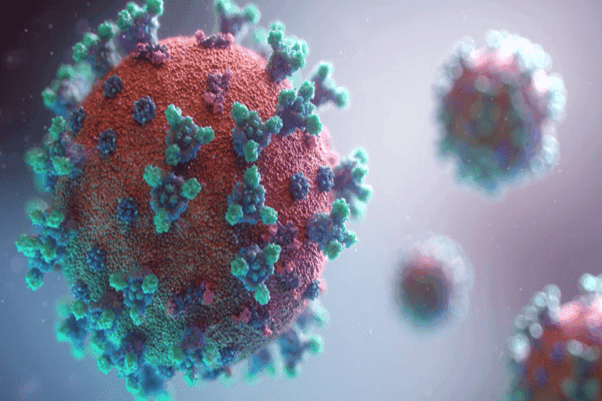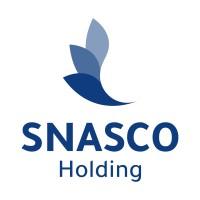Breakthrough Gene Therapy Slows Huntington's Disease by 75%

Researchers in the United Kingdom have announced a significant advancement in the treatment of Huntington's disease. A clinical trial has demonstrated that a novel gene therapy, AMT-130, can slow the progression of this fatal neurodegenerative disorder by up to 75% over three years. This marks a potential turning point in the search for effective treatments for Huntington's disease.
Understanding Huntington's Disease
Huntington's disease is caused by a mutation in the HTT gene, leading to the production of a toxic version of the huntingtin protein. This protein accumulates in neurons, particularly in areas of the brain responsible for movement, cognition, and behavior. Symptoms typically manifest in mid-adulthood, and individuals with the disease often have a life expectancy of 10 to 30 years after onset. The condition is inherited in an autosomal dominant pattern, meaning each child of an affected parent has a 50% chance of inheriting the disease.
The AMT-130 Gene Therapy
AMT-130 is a gene therapy developed by uniQure, a company known for its work in gene therapy. The treatment involves a single, high-dose injection directly into the brain, targeting regions most affected by the disease. The therapy delivers a custom-made DNA sequence that instructs neurons to stop producing the mutant huntingtin protein. This approach aims to halt or significantly slow disease progression.
Clinical Trial Results
In a Phase 1/2 clinical trial, 29 patients with early-stage Huntington's disease participated. Seventeen received the high-dose AMT-130, while twelve received a lower dose. Over a three-year period, the high-dose group experienced a 75% reduction in disease progression compared to those who did not receive the therapy. Additionally, a significant decrease in a biomarker associated with neurodegeneration was observed in cerebrospinal fluid samples from these patients.
Implications and Future Prospects
These promising results suggest that AMT-130 could be the first licensed treatment to slow Huntington's disease, offering new hope to patients and families affected by the condition. The therapy's ability to provide a long-lasting effect with a single administration is particularly noteworthy. Researchers are now planning further clinical trials in the United States and Europe to confirm these findings and seek regulatory approval.
A Step Toward a Cure
While AMT-130 is not a cure, its ability to significantly slow disease progression represents a monumental step forward in the treatment of Huntington's disease. As research continues, there is cautious optimism that this therapy could lead to more effective treatments and, eventually, a cure for this devastating condition.
Business News
Netflix Advertising Business Turns into a Growth Path, Revenue Surge
EFCC Calls for Suspension and Prosecution of Banks and Fintechs Linked to Fraud
How to Boost Employee Productivity in Industrial Work Environments
How Executive Culture Can Enable Abuse and Legal Exposure
Why Most Executive Books Are Written with a Ghostwriter




















